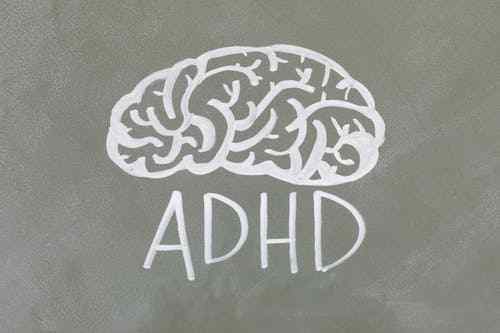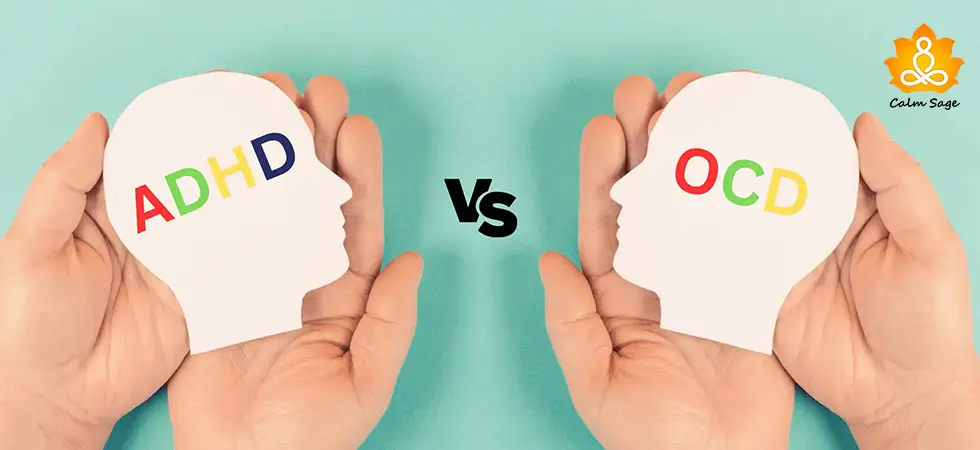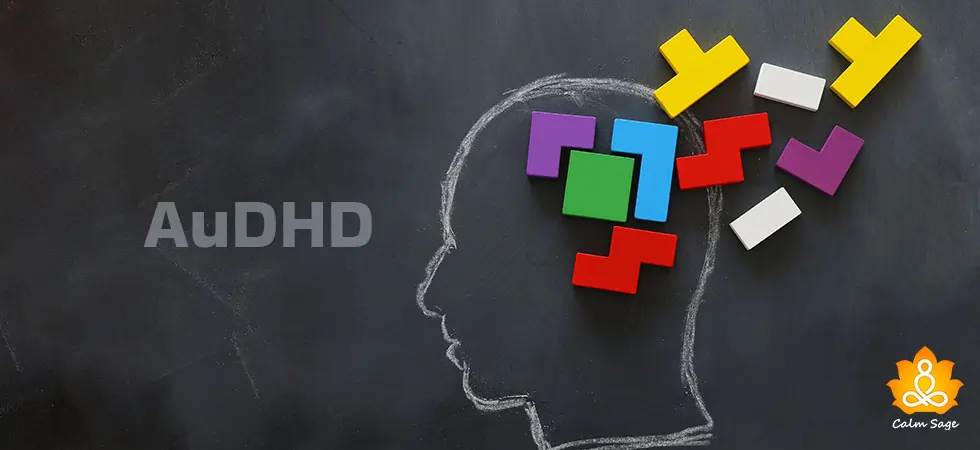Is There A Link Between ADHD And Lying? Here’s What You Need To Know

Attention deficit hyperactivity disorder or more commonly known as ADHD is a neurodevelopmental disorder that may cause one to engage in impulsive, inattentive, and hyperactive behaviors.
According to the CDC, in the United States, more than 9% of children aged 2-17 are diagnosed with ADHD. Among this number, boys were diagnosed more than girls. Among the symptoms of ADHD, the three common symptoms include impulsivity, hyperactivity, and inattention. Experts also believe that among the consequences of ADHD symptoms, lying can be one of them.
While it’s not proven yet, some believe there’s a connection there. Some ADHD kids (and even adults) frequently lie but not all ADHD individuals lie. Some individuals are even honest to a point which can cause some distinct problems. But those with ADHD lie often, it can soon become a habit.
In this blog, let’s explore the link between ADHD and lying, why people with ADHD lie, and how to cope with ADHD lying.
ADHD Brain And Lying

The part of the brain called the caudate nucleus was studied by a group of researchers. This part of the brain is responsible for combining information over different parts of the brain. This part of the brain also helps with cognitive functions including memories.
This research also indicates that this particular part of the brain is smaller in people with ADHD. Such as, in children with ADHD, there’s trouble with executive functions. Executive functions can help an individual manage time, pay attention, plan, organize, remember, and even multitask.
Why Do People With ADHD Lie?
For children with ADHD, lying itself isn’t an indicator that they are being dishonest. For many, lying can be a symptom of their ADHD. When you ask your child to clean up, they may later insist you never said that but it isn’t their fault. They may just not remember that you asked something of them at all.
Some children with ADHD may even lie to stay out of trouble. For example, if you ask them if they’re done with their homework, they may say they have when they haven’t. If your ADHD kid finds the work troubling, they may lie as they think they can avoid doing their work.
Being impulsive, another common symptom of ADHD can be linked with lying. Sometimes an individual may lie before they can think about what they are doing. Impulsivity can cause an individual with ADHD to lie before they can analyze the lie or even think about the consequences.
They may also lie to cover their shame. For example, a teenager with ADHD may lie about performing well on a test because they want to avoid feelings of shame.
A psychologist from Utah explains that teens and adults with ADHD may react first without thinking, especially under stress. This kind of reaction may cause them to lie to avoid responsibility. While there’s limited evidence on the theory that ADHD causes one to lie or exaggerate, there are other personalities and mental health disorders that may cause one to lie or at least increase the risk of lying.
Some adults with ADHD may even develop a habit of pathological lying or compulsive lying. Lying, in itself, is not harmful but it can still cause some irreparable damage.
One example can be; that you may find it hard to focus on a conversation and that may cause you to lie to conceal your disinterest. You may lie or pretend to be interested in the conversation to avoid hurting others’ feelings.
Another reason why ADHD and lying may be connected is that people with ADHD have poor memory and may easily forget about something. To avoid judgment from others, they may lie and say they didn’t forget. To their loved ones, this may look like lying and in some cases, chronic lying.
Other common reasons why ADHD adults (or teens) may lie can include:
- Masking an impulsive action that caused unpleasant consequences
- Forgetting an event and later lying to pretend that they remembered
- Answering impulsively without thinking much
- Lying to avoid judgment from peers
- Telling white lies because they find expressing themselves challenging
- Making promises they can’t keep out of impulse
Other executive function impairments can also make it difficult for ADHD adults and kids to process certain information, understand, and respond accurately. This can cause miscommunication and misinterpretation that can be viewed as lying.
Tips For Helping With ADHD And Lying
If your ADHD kid lies:
There are some simple and constructive ways to help your child control lying. Chronic or pathological lying can get your child in trouble and can even cause low self-esteem.
Try to look for patterns of lying in your child and help them if you see them struggling with their ADHD and lying. For example, if your child has trouble completing a chore, tell them the steps they need to take.
If your child lies because of their ADHD, then avoid shaming them with the knowledge. Instead, ask them why they lied and help them understand that there are things they can do differently than lie about them. Teach them the consequences of lying and how important it is that they speak the truth.
If your ADHD child lie, then do not take the lie personally. If your child’s ADHD and lying are connected then make sure you help them turn toward more constructive and healthy coping mechanisms instead of lying.
If you’re prone to lying:
If you have ADHD and are prone to lying, then you can follow these coping tips:
- Ask for professional help. Therapy, ADHD medication, and even learning new coping skills can help manage the symptoms of ADHD enough to control your lying
- Try to be as truthful as you can in a given situation
- Try to read ADHD self-help books and material on how you can control your ADHD lying
- Try to reduce as much as distractions in a conversation to stay focused
- You can also try to think before you speak. This way you’ll form the right response in your mind before you respond impulsively
Wrap Up
While there’s no evidence that ADHD and lying are connected, there’s still a small chance that people with ADHD use lying as a coping mechanism to cover up their symptoms of ADHD such as impulsivity and hyperactivity. Sometimes, this can be a conscious decision but other times, it can be a subconscious decision to lie.
With the right help and treatment, people with ADHD can get help for unhealthy behavior and coping mechanisms. If you or your child is struggling with ADHD and lying, then talking to a mental health professional can help.
You can connect with BetterHelp and its professionals today. Just click on the link below. Disclaimer: As a BetterHelp Affiliate, we may receive compensation from BetterHelp or other sources if you purchase products or services through the links provided on this page.
For more, you can write to us at info@calmsage.com or DM us on social media. If you found this article helpful, let us know in the comments below.
Take Care!




















